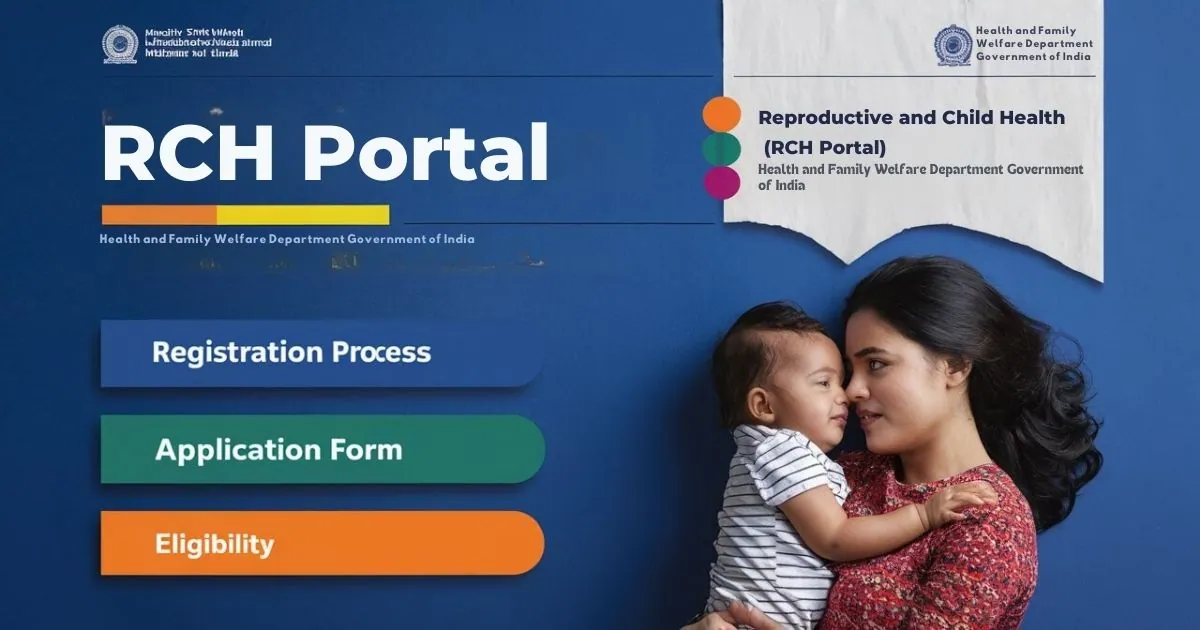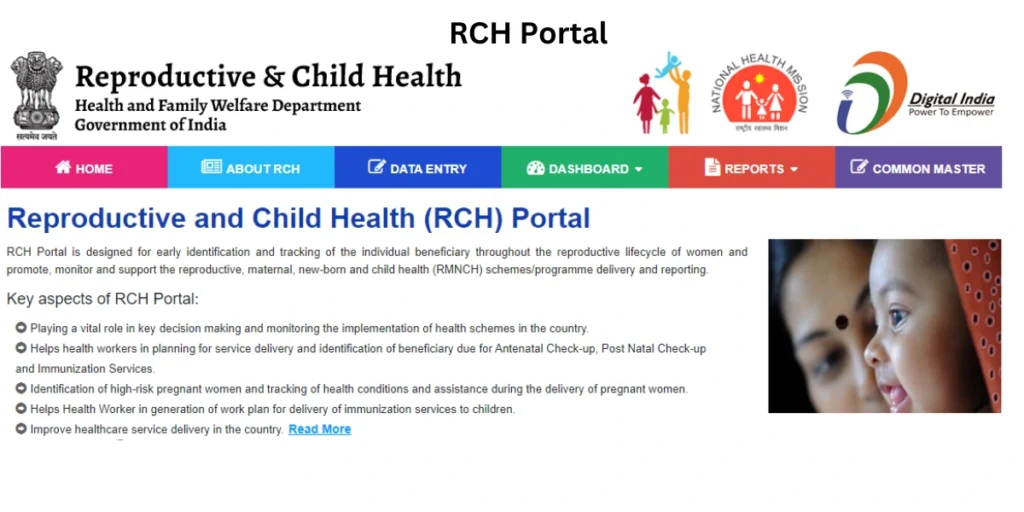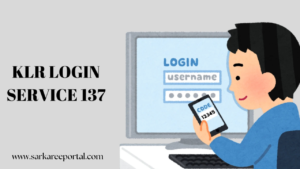
This is a complete online governance system that has been designed and developed by the Ministry of Health and Family Welfare, Government of India. This is an integrated platform for the delivery of RMNCHA services. With the RCH Portal, one individual program is improved in tracking the delivery and collection of data at both levels within society.
The System is Aimed at:
- Monitoring health status.
- Facilitating early interventions
- Improving health delivery like antenatal care, postnatal care as well as immunization
- Providing reliable health data for better planning and policy decisions
Key Features of the RCH Portal
The RCH Portal contains numerous features that support health professionals, administrators, and policymakers to effectively deliver RMNCHA services. Some of these include:
| Feature | Description |
| Data Entry & Reporting | Allows health workers to enter data related to maternal and child health, vaccinations, and services. |
| Mother & Child Tracking System | Tracks pregnant women and children under five for health services like antenatal care and immunizations. |
| Service Delivery Monitoring | Tracks the availability and quality of health services provided at public health facilities. |
| Program Planning | Facilitates health planning at the district and state levels, using collected data to identify needs. |
| Adolescent Health Monitoring | Focuses on tracking services provided to adolescents, including counseling and healthcare. |
| Training & Capacity Building | Provides training modules and information to healthcare workers to improve their skills. |
Aims of the RCH Portal

The RCH Portal seeks to attain the following aims:
- Enhanced Data Accuracy: Providing truthful data on reproductive and child health indicators.
- Improved Healthcare Access: Healthcare services access is improved, so that women and children get timely access to health care services, including immunization, and antenatal care.
- Monitoring & Accountability: An obvious system that opens the eyes to track the performance of health workers and their service delivery.
- Maternal and Infant Mortality Rate to reduce: Improvement of the maternal and infant mortality rates by expanding accessibility to quality health services.
Functions of the RCH Portal
Registration and Tracking
The RCH portal allows healthcare providers to register women who are pregnant or nursing babies. Health workers can monitor individual care for each eligible client to administer prompt measures whenever necessary.
| Process | Details |
| Registration | Pregnant women and children are registered with unique IDs for service tracking. |
| Tracking of Services | Includes tracking of antenatal checkups, vaccinations, postnatal visits, and child immunizations. |
| SMS Alerts | Pregnant women and parents receive SMS reminders for upcoming health checkups and immunizations. |
| Real-Time Monitoring | Health workers can monitor the services provided, such as institutional deliveries and child growth. |
Information Management and Reporting
Through this platform, there exists a systematic way of collecting and reporting data. The health information for mothers and children is provided at the community level by health workers, which is later aggregated into district, state, and national health profiles.
- Collection of Data: Pregnancies, childbirth, vaccinations, child growth as well as adolescent health data is recorded using Auxiliary Nurse Midwives (ANMs) and Accredited Social Health Activists (ASHAs).
- Data Reporting: The data collected from health workers are pieced together to form district, state, and national reports for monitoring performance.
- Geo-Spatial Mapping: Mapping geographical differences in service provision through creating maps of health facilities and services.
Implementation and Monitoring of Programs
The RCH Portal enables the planning, implementation, and monitoring of public health programs. Through the portal gaps in service delivery can be identified by government officials and health care providers thus targeting interventions where necessary.
| Program | Details |
| National Health Mission (NHM) | Supervises RMNCH services provided beneath NHM including vaccination and mothers’ health care. |
| Janani Suraksha Yojana (JSY) | Earthlings under JSY are delivered at health institutions for safe delivery practices. |
| Immunization Programs | To follow what is happening in terms of avocado there is a need to monitor the extent of coverage of vaccines offered at different places under UIP. |
Impact of the RCH Portal
The RCH Portal has contributed significantly to improving healthcare access and outcomes, especially in rural and underserved areas. Some of the key impacts include:
| Impact Area | Details |
| Improved Maternal Health | has improved because of tracking antenatal and postnatal care, reducing death rates among women. |
| Enhanced Child immunization | data has increased through better coordination in the platform and timely response. |
| Reduced Child Mortality | The system for tracking child health has resulted in enhanced monitoring of children’s health and immunization, thus reducing under-five mortality. |
| Strengthened Health Workforce | Health workers receive better training and resources and this improves the quality of care delivered. |
| Data-Driven Decision Making | Policy decisions at district and state levels are guided by health data collected through the portal. |
Some of the Challenges RCH Portal Faces
Even though there have been great advances in delivering healthcare services through the RCH Portal, several issues persist.
- Quality and Completeness of Data: This is because it is hard to ensure that health workers enter accurate and timely data, especially in faraway places with few resources.
- Technical Infrastructure: The lack of internet connectivity and digital infrastructure in most remote areas can hinder the proper functioning of the portal.
- Training Gaps: There is a need for further training since some grassroots health workers may not have enough skills on how to use this system.
- Data Privacy: A lot of personal health information stored here raises privacy and security concerns.
Future Possibilities
Integration of technology into health care remains the way forward for RCH Portal; Artificial Intelligence (AI) and Machine Learning will take center stage in its development. A few examples are:
- Predictive Analytics: AI can be used to predict health outcomes for individuals using data from the past.
- Mobile Health Applications: Creation of mobile apps aimed at allowing direct access to one’s health records with care advice being provided directly to them.
- Telehealth Integration: Adding before mentioned digital health solutions to incorporate remote areas with special care.
Conclusion
To improve India’s sick-care system, especially for ladies and babies, the RCH Portal is pivotal. This will help in rapid response during national emergencies by automating mCH services such as health information sharing through mobile texts, registration processes using website forms filled online, etc., thus enabling timely interventions that would reduce maternal and child mortality while reinforcing public health care systems.







